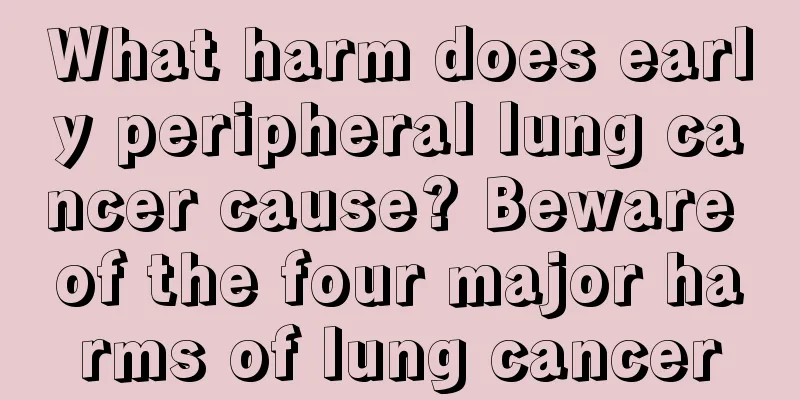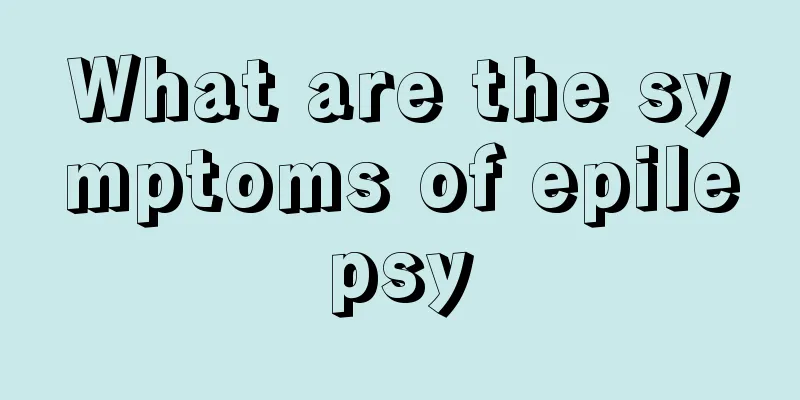How do patients with nasopharyngeal carcinoma maintain themselves and what treatment methods are there?

|
How do patients with nasopharyngeal cancer maintain themselves? What are the treatments? 1. Because nasopharyngeal cancer patients are affected by the disease, have heavy psychological burdens, poor appetite, and low resistance, family members should be guided to encourage patients to eat, and give them high-protein, high-vitamin, low-fat, easily digestible foods, such as beans, milk, fungus, carrots, etc. Tell patients to quit smoking and drinking, avoid eating raw, cold, hard food, spicy food, and moldy food. 2. At the same time, guide family members to create a clean and comfortable eating environment for patients, pay attention to color and fragrance, provide patients with delicious food, and provide patients with rich nutrition. The diet should be balanced, eat more vegetables and fruits, and be less oily, light, high in protein, high in calories, high in vitamins and iron. Smoking and drinking are prohibited, and irritation of the oral and nasal mucosa is avoided. After radiotherapy, the diet is tasteless or has a smell and oral mucosal reaction. Encourage patients to eat and eat small meals. When the oral reaction is severe, give a semi-liquid diet and encourage drinking more water. 3. Cancer patients suffer from great physical and mental pain, have varying degrees of fear, and lose confidence in treatment. Nurses should have a high sense of compassion and responsibility, care for and respect patients, and gain their trust. They should understand each patient's mental state and family environment, help patients adapt to the hospital environment as quickly as possible, improve their living ability, and achieve the best state of recovery. 4. Most pathological examinations are poorly differentiated squamous adenocarcinoma. Radiotherapy is the recognized first choice of treatment. Conventional radiotherapy has many complications. Three-dimensional conformal or enhanced radiotherapy is recommended. The total irradiation dose to the nasopharynx is 66~70Gy/6.5~7 weeks, the radical dose for positive cervical lymph nodes is 56~60Gy, and the preventive radiation dose for negative cervical lymph nodes is 46~50Gy. During radiotherapy, chemotherapy, traditional Chinese medicine, and immunotherapy can be combined to improve the efficacy. Comprehensive treatment methods such as chemotherapy and surgery can be used for some advanced patients and recurrent cases after radiotherapy, as well as a small number of adenocarcinomas and squamous cell carcinomas that are insensitive to radiation. |
<<: Conservative treatment for lung cancer?
>>: What to do if you can't eat and vomit after eating in the late stage of gastric cancer
Recommend
Treatment methods for lung cancer lymph node metastasis
Treatment of lung cancer lymph node metastasis Tr...
What are some cleaning tips
Many housewives will find that cleaning the house...
Push-ups to train chest muscles
Not only do women want to have a good figure, man...
What to do if my husband is an alcoholic
Everyone knows that men nowadays are under great ...
How to regulate diet for small cell lung cancer
How to regulate the diet for small cell lung canc...
Can you eat gentian violet?
When our body is injured, we need some medicine t...
What is the polio sugar pill dosage form?
When children are young, they are prone to some d...
What is the early accuracy rate of pancreatic cancer ca199
In clinical practice, CA199 is the preferred tumo...
What kind of cold is it that causes headache and stuffy nose
There are many types of colds, including colds, h...
Dietary considerations during the recovery period of Henoch-Schonlein purpura
During the recovery period, patients with allergi...
What fruit is good for people with poor sleep?
Poor sleep can actually be improved through some ...
The role of placental globulin
Globulin is a substance in the human body and a r...
Are there no symptoms for early lung cancer? Three symptoms of early lung cancer are easy to ignore
Patients with early lung cancer have symptoms, bu...
Causes, inspection methods and relief methods of cervical stiffness
Cervical stiffness is a very common disease, espe...
How to use a tampon
When women have their menstrual period, we usuall...









